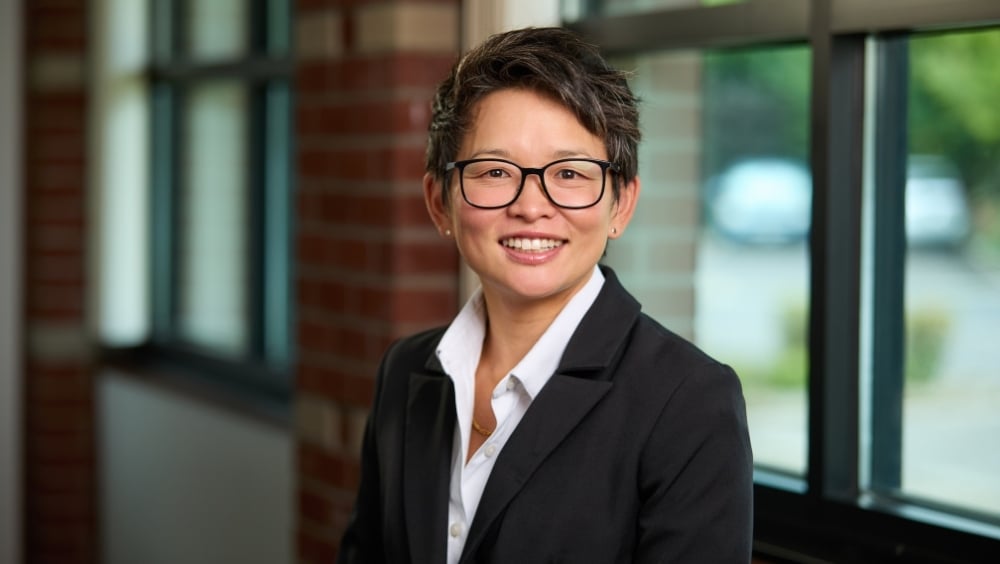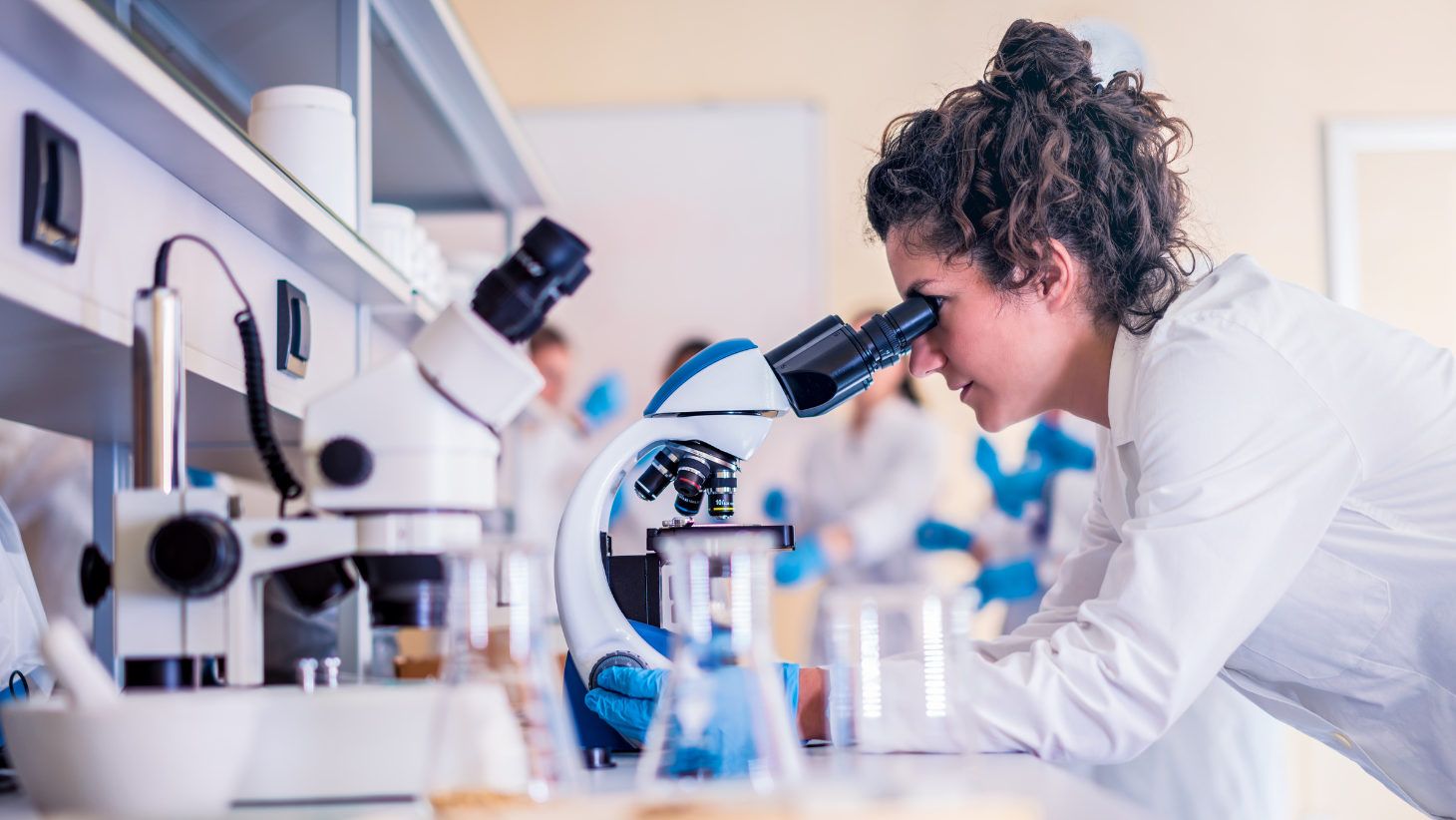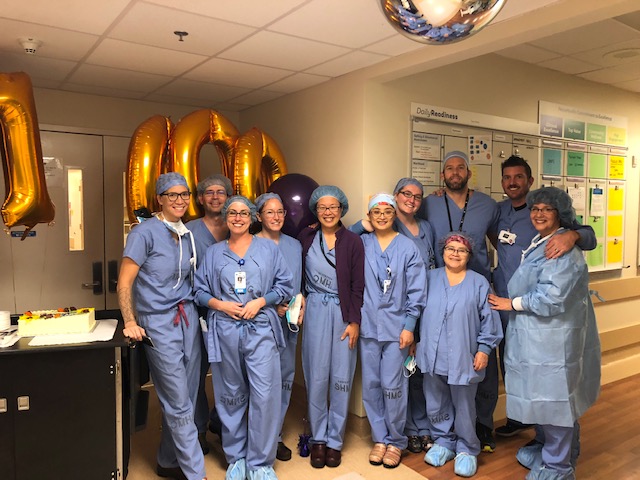Going through cancer treatment can be difficult on your body and it often leaves patients feeling fatigued. There are things you can do now and throughout your treatment to help maintain your energy and ease side effects.
Nutrition Is Important In Cancer Care
Eating the right kinds of foods in the right amounts can make a noticeable difference in your cancer treatment and recovery.
“To the best of our knowledge, there’s no super nutritional supplement that is going to dramatically impact outcomes in terms of cancer,” says Willamette Valley Cancer Institute medical oncologist Wayne Ormsby. “But we do know that eating a healthy, balanced diet does have a significant impact, not only in terms of a person’s day-to-day well-being, but they’re overall sense of health, and also how they tolerate treatment.”
Dr. Ormsby advises patients to avoid highly processed foods and to focus on the foods located around the perimeter of the grocery store. “That’s typically where you’re going to find lean proteins, fruits, vegetables and whole grains,” he says.
Exercise Can Help Relieve Cancer-Related Symptoms
It’s not uncommon for cancer patients to experience fatigue. And while you may not feel you have the energy to get moving, doctors say exercise is one of the best things you can do for yourself.
“Multiple studies have shown that if people are active, they have, in general, a better sense of well-being, better quality of life and often times better outcomes with their treatment,” says Dr. Ormsby. “That doesn’t mean you need to go out and run a marathon. Just taking a simple walk with a friend or family member most days of the week is more than adequate.”
Complimentary Therapies May Be Beneficial for Cancer Patients
There’s research data that shows the practice of mindfulness can help relieve some of the side effects caused by cancer treatment.
“That includes meditation and acupuncture for conditions like cancer-associated fatigue and chemotherapy-associated nausea, as well as numbness and tingling in the hands and feet associated with certain chemotherapy drugs,” says Dr. Ormsby.
If you are interested in or have questions about complimentary therapies and integrated care, WVCI has a list of providers it recommends within the community, including naturopathic physicians and acupuncturists. For more information, talk with your oncologist.



